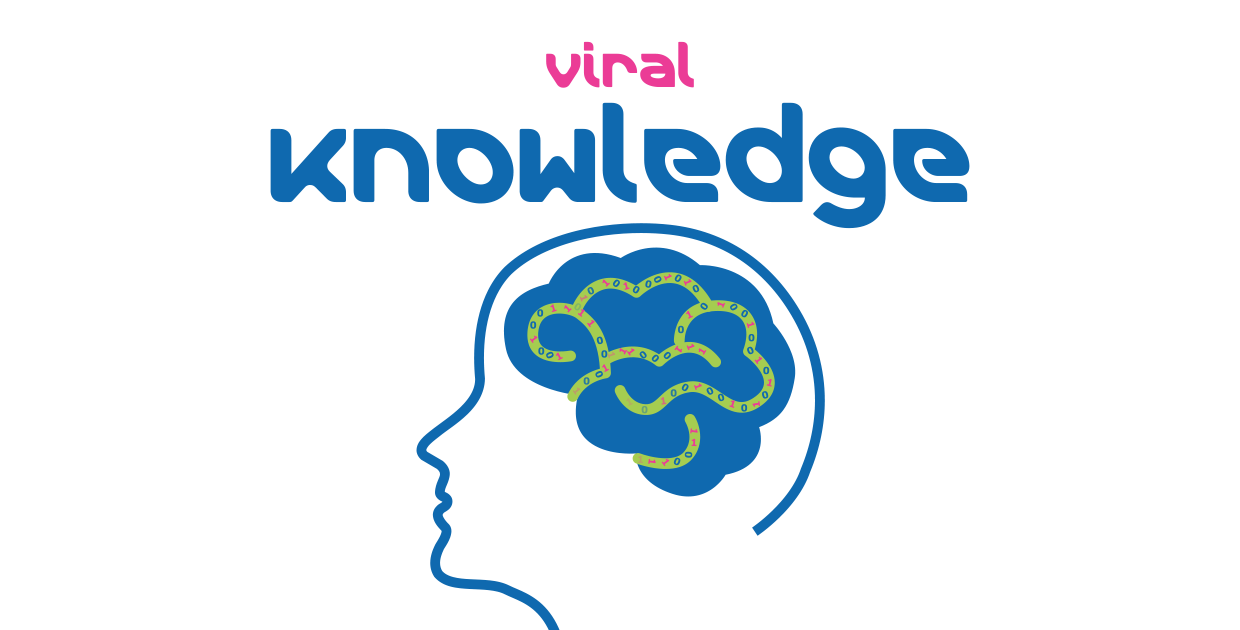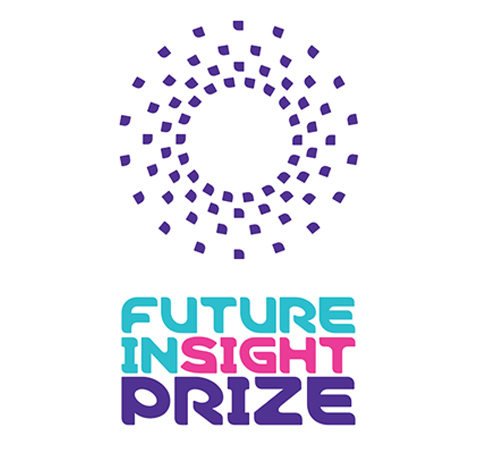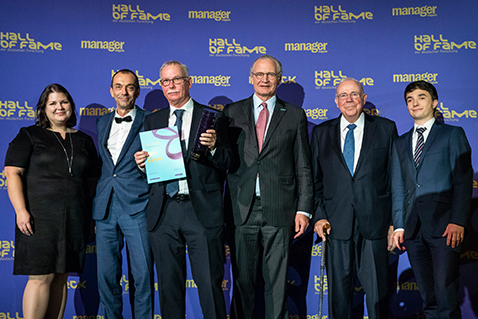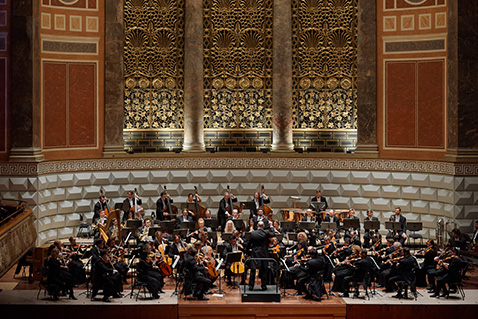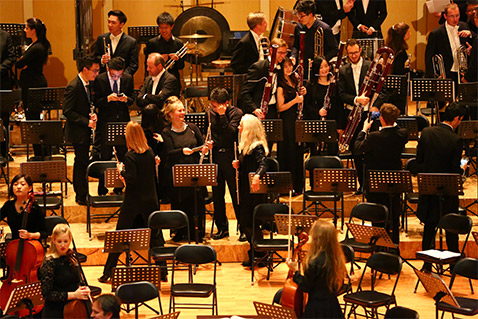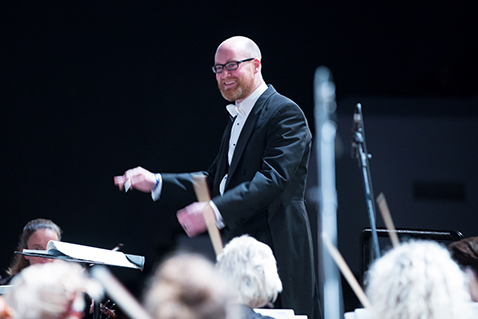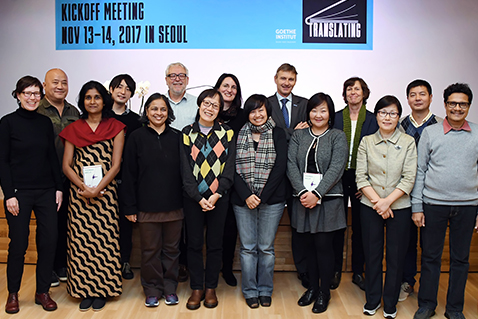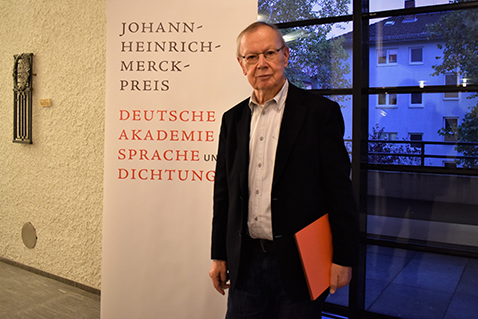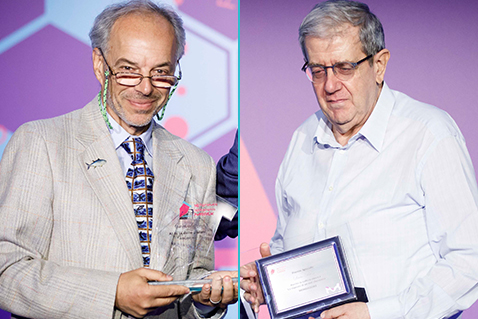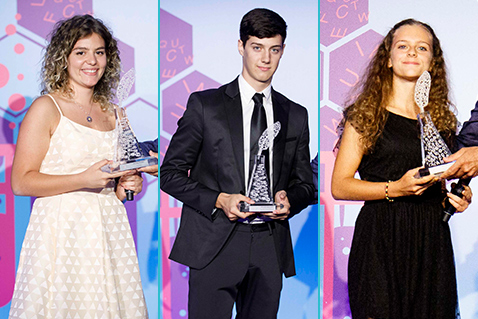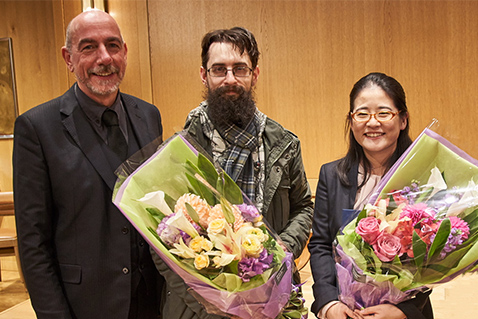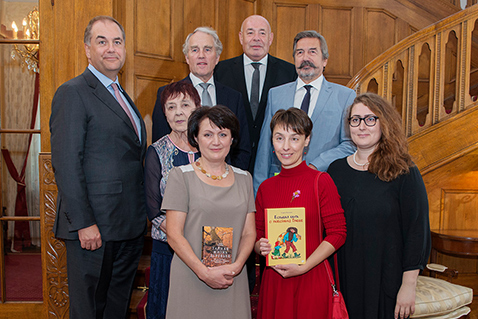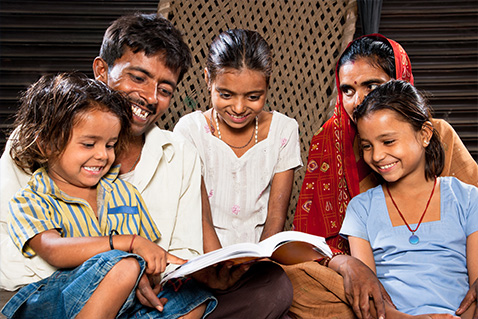Worldwide knowledge transfer
Connecting through research
The challenges of our time are global. A worldwide exchange among scientists is necessary to advance research and solve the toughest problems.
We want to connect the global scientific community. And we particularly want to support researchers in low- and middle-income countries.
That is why, in 2018, together with the non-governmental organization Seeding Labs, we launched the digital platform “TeleScience”. TeleScience is designed to connect scientists around the world, accelerating teaching and research. With this platform, scientists can view a variety of instructional videos led by our Life Science employees, ranging from practical tips on how to better present their research results to scientific instructions on topics such as sterile sampling or how to assemble a vacuum pump.
Did you know? We hand out awards and run promotional programs that recognize the creativity and entrepreneurial spirit of scientists, students and entrepreneurs.
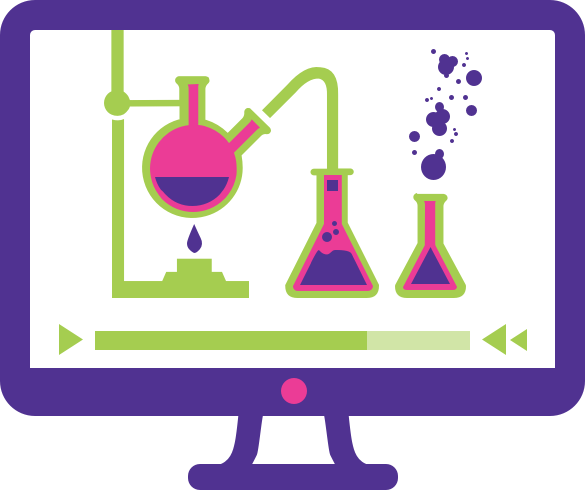
Our approach to science education:
Fostering curiosity
What do Nobel Laureates of all disciplines have in common? In our opinion: curiosity. Because only those who are curious try out new things - and maybe make discoveries that change the world.
We want to foster curiosity in children. Above all, we want to inspire students to pursue a career in one of the fields of STEM: science, technology, engineering and mathematics.
One example of how we foster curiosity is through our Curiosity Cube™; a re-fitted shipping container that has been converted into a mobile science laboratory. In 2018, it toured North America for the second year in a row. In the Curiosity Cube™ visitors of all ages can experience the latest technologies through practical experiments and can immerse themselves in various scientific topics. The Curiosity Cube™ provides students with tools and materials that many schools would not have access to otherwise.
A survey about the Curiosity CubeTM revealed:
- 81%
of the students use the concepts they learned in the Curiosity Cube™ at school.
- 95%
of the students improved their understanding of various life science topics such as animal cell communication, tissue and DNA by visiting the Cube.
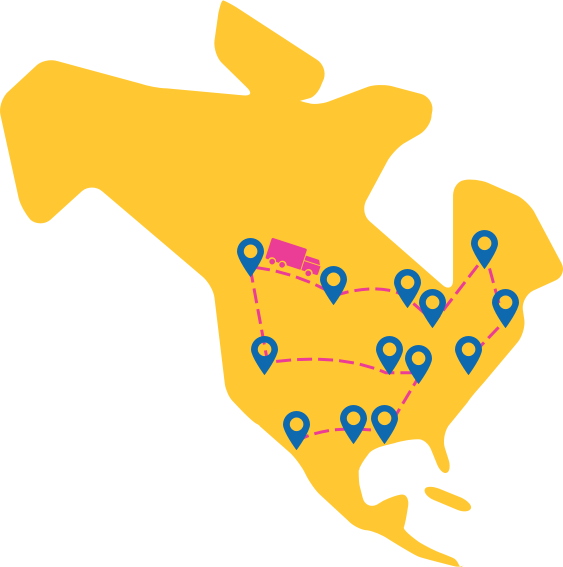
The Curiosity CubeTM traveled 30,000 kilometers on its journey through North America.
Music brings people together:
East meets West
Hobby musicians from China and professionals from Germany unite in a common goal: to give a concert in front of an audience of 1,700 people.
We wanted to celebrate our 350th anniversary in 2018 through music. This is why we created an extraordinary cooperation between two unlikely partners. For this courageous project, the “Deutsche Philharmonie sponsored by Merck KGaA, Darmstadt, Germany” collaborated with the Chinese Beijing University.
Each Chinese hobby musician, all of whom were university students, was assigned to a professional from our orchestra who helped prepare for the big day. This experience benefited both sides, as the project was also about cultural exchange.
In November 2018, finally, the time had come: The students and the professional musicians of the philharmonic were on stage together in Beijing. The musical result was top-class and poignant. An intercultural cooperation that was, literally, music to the ears.
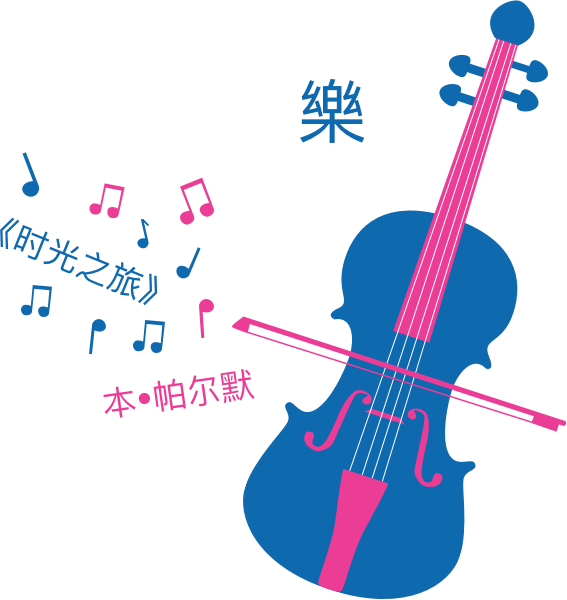
What we are proud of:
350 years of curiosity
Through our “Curious2018 - Future Insight Conference” we were able to attract the best minds in science and technology to Darmstadt in July 2018: top scientists from all over the world, including six Nobel Laureates.
In 2018, we celebrated our 350th birthday. That is reason enough to extend a special invitation to the scientific world. At Curious2018, we discussed the future of science and the technologies of tomorrow with top scientists and experienced business entrepreneurs. The figures speak for themselves:
- 60 renowned scientists including six Nobel Laureates
- 1,300 guests
The Future Insight Conference is expected to grow into the flagship conference of science in the future and will take place again in 2020. In 2019, we will award the Future Insight Prize for the first time. This prize is intended to promote the development of products that are of global importance to humanity. Over the next 35 years, we will be making up to € 1 million available annually just for this purpose.
Show video“Creating a better world for us all: That is the goal of the Future Insight Conference. It should be a forum in which the brightest minds from science and industry put their visionary ideas up for discussion.”
Ulrich Betz, Vice President Innovation, Head Innovation & Entrepreneurship Incubator, Head Future Insight
Connecting worlds through literature
Building bridges
Literature allows us to travel to the most remote corners of the earth in our minds. It helps us to understand other people and their view of things.
That is why the promotion of literary projects is an integral part of our social responsibility. We award five literary prizes worldwide. They are aimed primarily at authors who see themselves as bridge builders between cultures, but also between literature and science.
What do you think?
How many books have ever been published worldwide?
Answer
Nobody really knows. In 2010, Google provided estimates using its databases and intensive analysis. At that time, they estimated a total of 129,864,880 books. And more are being written every day.
Estimated number
129,864,880 books
Source: Google
